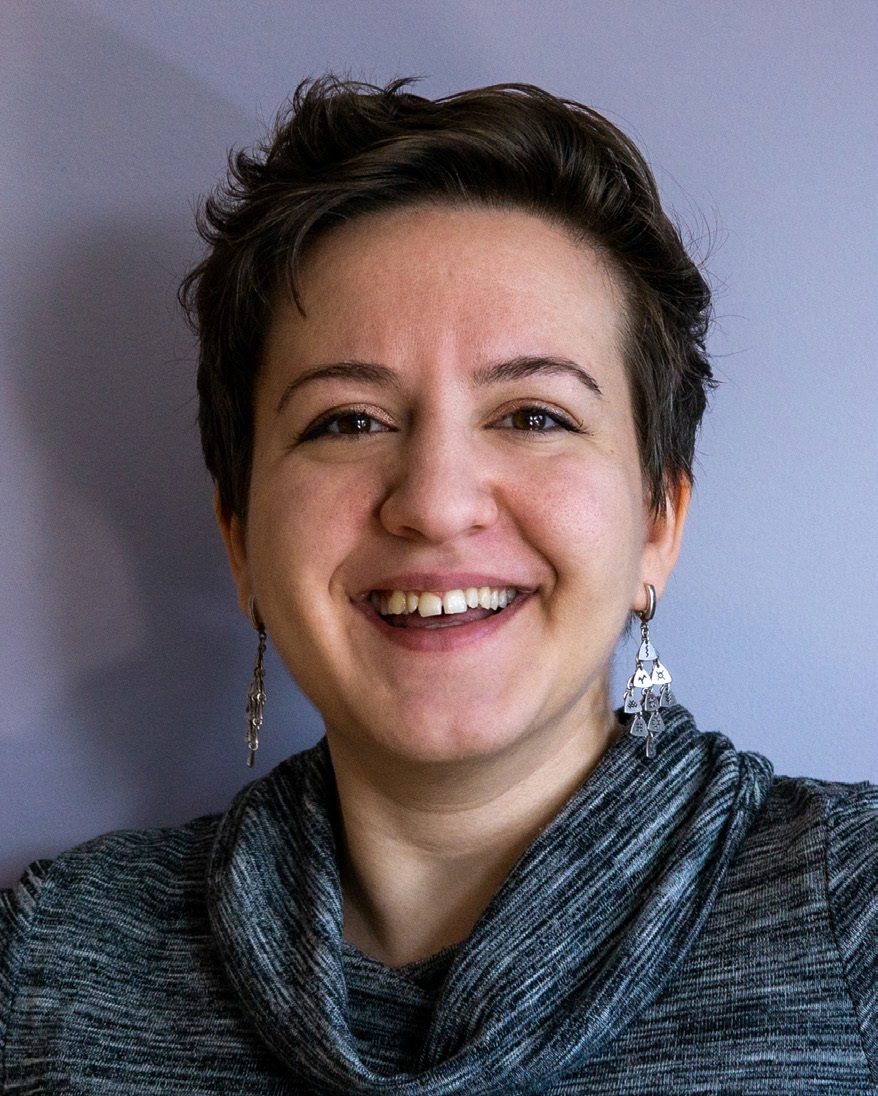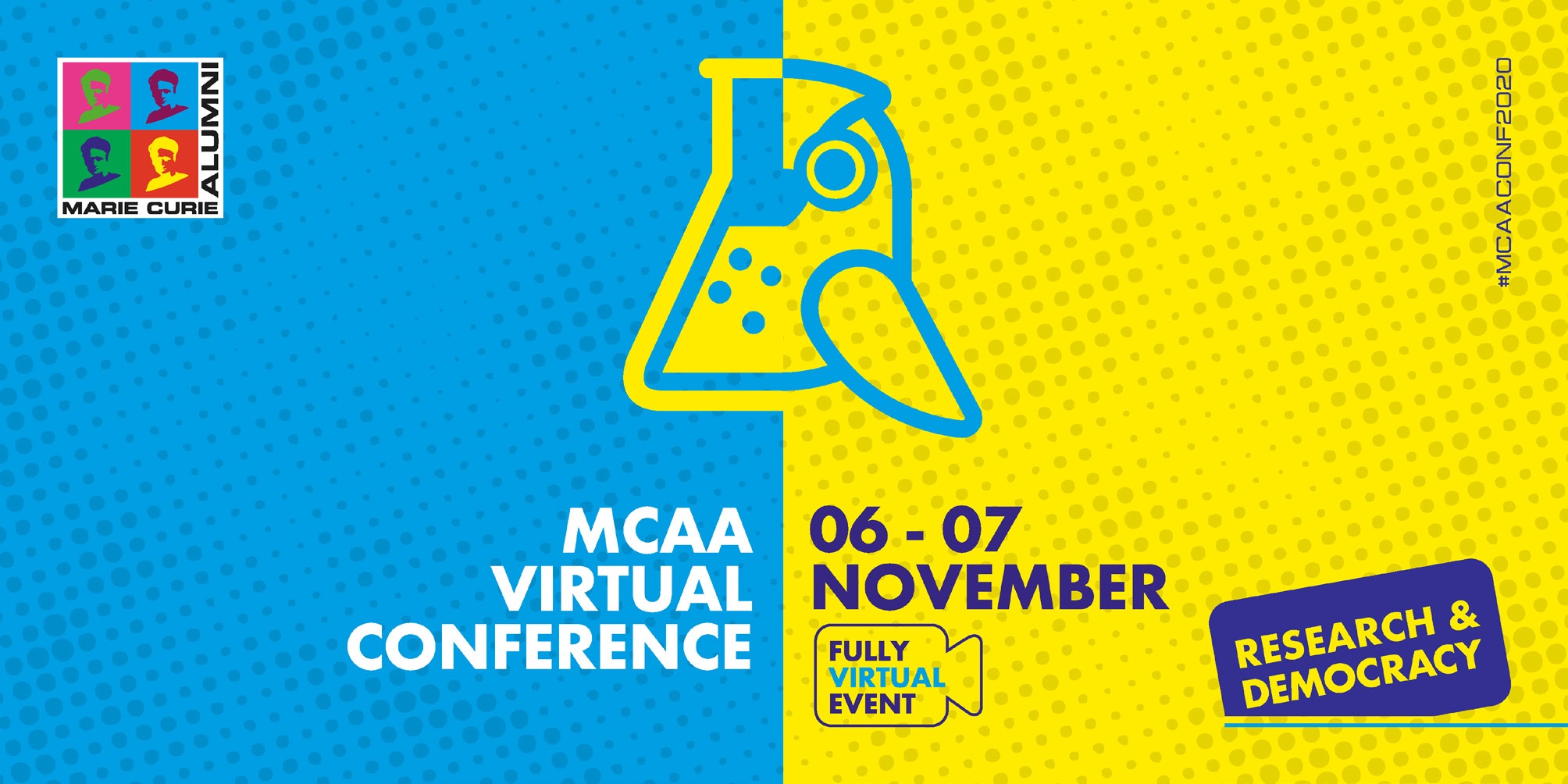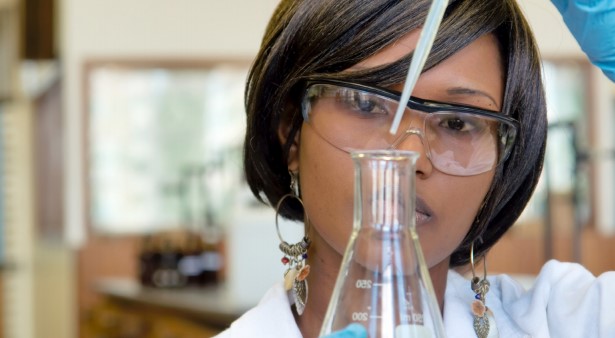News from the board - Newsletter November 2020
NEWSLETTER
LOOKING AT DIVERSITY IN RESEARCH:PERSPECTIVES FROM THE MCAA
As the factsheet of the Marie Skłodowska-Curie Actions (MSCA) reads, since its establishment in 1996, the programme has “provided grants to train excellent researchers at all stages of their careers – be they doctoral candidates or highly experienced researchers – while encouraging transnational, inter-sectoral and interdisciplinary mobility.” In more than 20 years, the MSCA programme has funded projects on the most diverse topics of the knowledge spectrum, provided an opportunity for researchers – especially those at an early stage of their career – to work at renowned institutions, and promoted cultural and disciplinary cross-contamination.
If we look closely, we can see that at the core of the MSCA programme lies the official motto of the European Union: Unity in Diversity. Through its actions, the MSCA programme has been slowly but steadily creating a community where diversity is a value, not a stigma. After all, unity in diversity is the very mission of the research endeavour: to better ourselves by improving knowledge, and in so doing let society flourish. It is through the richness in diversity of people, ideas, and methods that we have been able to challenge dominant paradigms, elaborate new theories, address problems, develop solutions, and ultimately foster knowledge and further society
However, research is carried out by humans in a social context. The research community is not an ideal one, but a very much real one. It is infused by the same social struggles that pervade in society. In some cases, these struggles are even aggravated by its very features. The research perspective gives us a great advantage. We are already very familiar with the importance of diversity. Research endeavours value the diversity of ideas. However, with great advantage comes great responsibility. We must value the diversity of people as well. Discrimination – from gender to race, from disability to sexual orientation, from culture to religion – is very much present in our community. We must acknowledge and face the problems within our community, in order to lead by example.
Science diversity – the richness of research ideas – is grounded upon human diversity. Only by embracing human diversity, can we foster science diversity.
This is the first special issue of the MCAA Newsletter. Over the years, thousands of researchers who benefited from the MSCA programme have been gathering around the MCAA, joining their forces to promote and foster the values of the programme. It is a unified community that continuously tries to make the diversity of its members its major strength. It is no coincidence that we chose diversity as the topic of the first special issue of our newsletter. This issue collects personal stories and successful practices. Voices that need to be heard. Voices that testify to the struggles many deal with every day, and show us the challenges that lie ahead, and hint of possible avenues for addressing them. Struggles and challenges that we, as researchers, must hurry to face. Struggles and challenges that we, as MCAA members, are only beginning to address.
Let us conclude with a heartfelt thank you to: all the authors who shared their stories and points of view; the MCAA Editorial Team for the hard work they put into this special issue; Valentina Ferro, vicechair of the MCAA, for suggesting this special issue in the first place; and to the MCAA Board for their support.
GIAN MARIA GRECO
EDITOR-IN-CHIEF, MCAA NEWSLETTER
VALERIE BENTIVEGNA
CHAIR, MCAA COMMUNICATION WORKING GROUP
Dear members,
This newsletter is a little different. But I guess 2020 has trained us for the different and the unexpected. So, just for this one time, indulge me while I tell you a story.
It was a sunny afternoon in May. Seattle in summer is green and colourful. Despite the work-from-home disrupted routine, I was planning to enjoy some time on social media while looking at the dogs playing in the park outside my window.
However, outraged people and large manifesting crowds populated my social feed. It was about the death of George Floyd, another African-American man killed by the police. As an outsider in the US, I did not understand. And I thought I could not. That day, however, I tried. I searched for the video of Floyd’s assassination and pressed the play button.
I cannot fully express how I felt. As the minutes were passing with the police officer on Mr Floyd’s neck, the sunny day outside turned dark. I could not hear the dogs barking anymore. I could not move. I felt the most pungent discomfort I had ever experienced. And anger, disbelief, pain.
How could we let this happen?
The discomfort of that day follows me since. And I am grateful for it. Thanks to this discomfort, I can improve every day. The first step involves understanding, opening my eyes, “pressing the play button” and watching what would otherwise pass me by. Stories of people who are not privileged, who worked 10 times as hard for the same opportunities, who could not breathe.
The MCAA board wanted this special issue of the newsletter to reflect these stories. It is a megaphone to amplify the voice of minorities and to celebrate diversity. MCAA is the best community to share these stories. MCA alumni share a set of values that resonate with this topic. From the need to adapt and integrate in a different country due the mobility involved with the MSCA, we have learned to love and appreciate different cultures and the enrichment that comes with embracing them. By being nomad strangers, we have grown into loving and respecting who is different from us. Mobility, interculturality and inclusion are, indeed, the pillars on which our membership thrives.

2020 brought us one challenge after the other, but through challenges we grow, as individuals and as society. The COVID-19 pandemic has inspired many acts of kindness, with medical personnel and delivery drivers putting themselves at risk to save others. Fire outbreaks in the Amazon Rain Forest, followed by wildfires in Australia first and California later, have once again opened the debate on climate change, and large international corporations have finally pledged to become carbon-neutral in the next few decades. The tragic death of a man has ignited the largest global movement to combat racism.
As researchers, we have to be actors of change. With MCAA, we have the power to do it. For example, we have been advocating to reduce the cutbacks to MSCA funding, especially after the economic impact of COVID-19. In a passionate statement written by MCAA chair Mostafa Moonir Shawrav, and supported by the rest of the board, we discussed subsidising research and innovation to make actual progress in mitigating climate change and advancing healthcare. We presented the disastrous results that these cuts would have to job markets, almost unavoidably affecting first the minorities as it often happens in case of economic crisis. We also highlighted that MSCA funding is more balanced than other funding programmes when it comes to gender equity, with the highest relative percentage of women being awarded an MSCA scholarship.

It is not by chance the first MCAA Virtual Conference focuses on “Research and Democracy”. The conference is a testimony of what it means being citizens and scientists, using our critical skills to fight for equality and human rights. We will talk about inclusivity and diversity. Two sessions will discuss the future of society, with innovation and artificial intelligence (AI). We will look at open science and why it is so important that research is available to the wider community. And we will explore the role of scientists in the democratic process, how to communicate effectively and how to use social media responsibly.
This is a journey that will continue at the 2021 MCAA Annual Conference and General Assembly, on the theme “Research in times of crisis”. The event will focus on the impact of the COVID-19 pandemic. It is an opportunity to look at how intercultural and worldwide collaborations were fundamental to produce the fastest vaccine trials in the history of humanity. But also to reflect more broadly on the large-scale consequences of the pandemic — how the world will change after it and how we have already changed.
In the next few months, MCAA efforts to support researchers’ careers and provide fair opportunities independent of one’s skin colour, nationality, gender will be more obvious, with the launch of more MCAA resources and services. Like the LinkedIn Learning platform, where members can find resources for professional development, or the reviving of MCAA Academy, the mentoring platform where young researchers can benefit from the stellar expertise of MCAA network.
For how much the board is proud of MCAA efforts and progress, it is the time for me to quiet down and leave you to the amazing content this special issue of the newsletter has to offer. From reports about MCAA’s initiatives on displaced researchers, the ResearchAbility project or GEDI’s Rainbow Pills, to researchers sharing their stories of resilience, integration and intersectionality.
Time for us all to pause. And listen.
VALENTINA FERRO,
ON BEHALF OF THE MCAA BOARD
BLACK LIVES MATTER IN RESEARCH AND HIGHER EDUCATION TOO!
Over the last few months, the Black Lives Matter movement has spread over the globe. Starting in the US, people took to the streets to demand the right to be considered and given equal chances no matter their ethnic background. Soon, European populations joined the cause, and discussions about Black populations have emerged. One area has barely been touched upon: the equal opportunities for Black individuals to succeed in their professional endeavours when it comes to research. On Twitter, several campaigns and accounts have emerged to have started to highlight work of Black researchers in specific fields, starting with #BlackAFInSTEM and #BlackBirdersWeek, and now expanding to other field including #BlackInAstro, #BlackInChem, and #BlackInNeuro. In addition, several members of the scientific community participated in #ShutDownSTEM on 10 June, taking that day to amplify Black voices, educate themselves, and participate in a Wikipedia editathon to add and improve biographies of Black researchers on Wikipedia.
The MCAA, representing over 16 500 researchers, works to support the careers of researchers regardless of their ethnic background or any other individual characteristic. Indeed, the MCAA thrives on international and collaborative science, and acknowledges that many scientific and academic achievements that shape our world and our society would not be possible without the countless achievements of Black and ethnically diverse researchers. Black women such as Katherine Johnson, were instrumental in space exploration, working as “Human computers” at NASA, physician Mae Jemison was the first African American woman to go to space, Charles R. Drew was instrumental in the development of large-scale blood banks, and what would modern cell biology be without the cells that were taken, without her consent, from Henrietta Lacks. Equal opportunities, non-discrimination, and dignity for researchers at all stages of their careers are values pursued by the association. These are also values put forward by the European Charter for Researchers, which clearly demands the respect of the non-discrimination principle by employers, and states that employers need to provide opportunities for growth and favourable working conditions to all. The Code also requires that employers ‘facilitate access for disadvantaged groups’ (see Recruitment)1.
Despite these declarations and formal charters, the situation of researchers from diverse ethnic backgrounds is not necessarily well addressed today and Black researchers have more hurdles to overcome. While Marie SkłodowskaCurie actions (MSCA) enables researchers to access mobility and European networks and welcomes researchers from different horizons, it is not sufficient to guarantee that the rights of researchers are equally respected and little information is available on the success and difficulties of researchers from various backgrounds. The European Charter is not always familiar to researchers who focus on respecting codes of research integrity, which means they do not take on all issues faced by Black researchers or researchers who are other ethnicities.

The MCAA launched several initiatives to support researchers with difficulties: a scheme to support refugees was implemented in 2017 and REFERENT2 , a mental health peer-to-peer support network, was created in 2019 to help researchers in distress no matter their background.
Current work is also taking place on the possibility to have an Ombudsman to protect and defend research fellows from any kind of discrimination/harassment based on individual characteristics. Such actions are important, but are not enough to address the needs expressed in Black Lives Matter. The next step is to shed light on researchers from different backgrounds and to be active promoters of inclusion in research labs and higher education. More actions are required, from each of us individually and from MCAA as a collective.
WHAT CAN WE DO AS INDIVIDUALS?
- Let your voice be heard.
- Hold people accountable in regards to the European Charter. Use your influence to create diverse inclusive and Black-friendly (or welcoming) labs and research groups.
- Include diversity in teaching material and discussions in class.
- Educate yourself and others about systemic racism and discrimination. Read stories about the experiences of Black STEM professionals, check out the hashtag #BlackInTheIvory.
- Diversify your timeline, follow people who have different backgrounds and experiences on social media. One way to start is to check out @BlackAFinSTEM.
- Find other ways to contribute here:https://blacklivesmatters.carrd.co/
WHAT CAN WE DO COLLECTIVELY?
We, as the MCAA, commit to continue educating ourselves and speaking up for justice and equality. We will actively speak against any form of discrimination, including discrimination based on race, gender, sexual orientation, religion and country of origin. We believe that our strength as a community lies in our diversity. We will actively strive to show more and better representation through outreach activities to show that anyone can pursue a career in science. We can use our influence within the European community to take an active role in stopping racism and injustices, to call for more economic support for the Black community to achieve their goals. We will strive to be an active network of allies and active promoters of change.
Join us in this endeavour! We call on everyone from all ethnic backgrounds to share their story, information and scientific achievement with the MCAA by contacting blog@mariecuriealumni.eu.
We call all researchers who want to make a positive impact in this direction to contact MCAA's Working Groups on Genders Equity, Diversity & Inclusion (GEDI@mariecuriealumni.eu) and Policy (policy@mariecuriealumni.eu) to learn about projects that foster mutual respect, diversity and inclusion in current and future research and higher education.